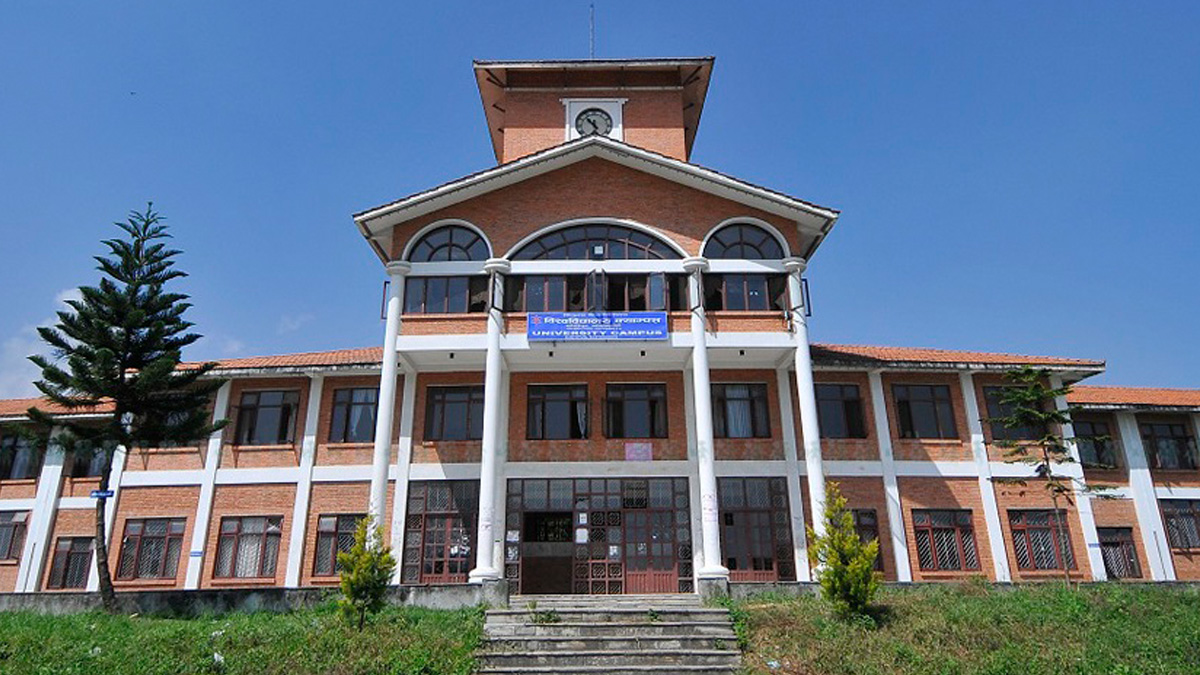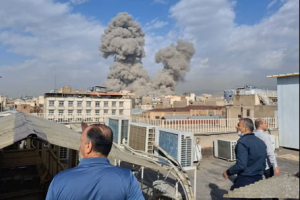Tribhuvan University Land Mismanagement: A 65-Year-Old Problem Exposed
A recent government report has brought to light serious mismanagement of land and property at Tribhuvan University (TU), Nepal’s oldest and largest university. The “Tribhuvan University Land and Property Investigation Committee Report, 2081”, made public by the Ministry of Education, Science, and Technology on 12 October 2025, reveals alarming negligence in tracking, maintaining, and safeguarding the university’s vast assets.
TU’s Land Holdings: Size Without Oversight
According to the report, TU owns 5,218 ropani of land spread across the country. However, the university does not have clear, verified records of its land and infrastructure.
Some key allocations include:
- 125 ropani in Naikap – yet to be officially registered
- 843 ropani under long-term use by government and non-government institutions
- Republic Memorial: 60 ropani
- BP Koirala Planetarium: 160 ropani
- Agriculture and Horticulture Center: 281 ropani
- Ayurveda Research and Training Center: 25 ropani
- Kathmandu Valley Drinking Water Board: 107 ropani
- Police Circles in Kirtipur & Kalimati: 9 ropani total
- Laboratory School: 108 ropani
- Nepal Netra Jyoti Sangh: 10 ropani (leased for 20 years)
In addition, eighteen private and religious institutions have been using TU land under various arrangements, often without formal authorization.
Collusion and Unauthorized Land Use
The investigation found that some university officials colluded with outside parties, allowing lands to be used illegally. A notable case involves Laboratory Secondary School, which applied to register TU-owned land under its own name an act deemed illegal by the committee.
The report also highlights that even after lease agreements expired, TU leadership failed to reclaim or monitor the land, allowing long-term misuse.
Causes of Mismanagement
The report identifies several reasons for the chaotic state of TU’s properties:
- Weak leadership and poor coordination among top officials (Vice-Chancellor, Pro-Vice-Chancellor, Rector, Registrar)
- Negligence in maintaining records and keeping track of land
- Political interference and arbitrary decisions
- Lack of enforcement of laws and regulations regarding university property
Committee member Janak Ballav Adhikari stated that even after 65 years, the university cannot produce accurate data on its properties, reflecting systemic administrative failure.
Recommendations
The investigation committee recommended that TU:
- Prepare short-term and long-term plans to protect and manage its land
- Strengthen coordination between university officials and government bodies
- Take legal action against parties involved in illegal land occupation
- Ensure proper documentation and record-keeping for all movable and immovable properties
The Ministry of Education, Science, and Technology has stated it will act on the report’s recommendations immediately, signaling a possible turning point in curbing decades of mismanagement.
The Bigger Picture
Tribhuvan University’s land mismanagement is more than just a bureaucratic lapse; it reflects institutional negligence, weak governance, and vulnerability to external exploitation. For a university of national importance, safeguarding its assets is crucial not just for legal and financial reasons but also for ensuring sustainable growth, academic development, and public trust.
Conclusion: TU’s 65-year-old struggle with property mismanagement is a wake-up call for stronger governance, transparency, and accountability. If acted upon effectively, the university can finally reclaim its assets, protect public resources, and set an example for other institutions nationwide.
Share this content:










Post Comment